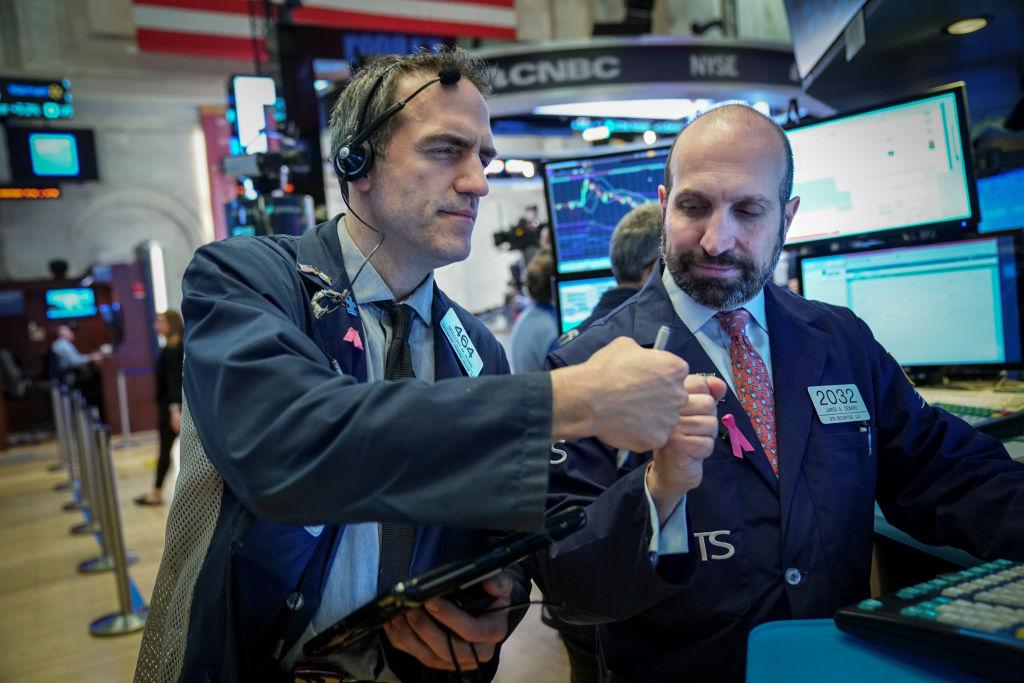U.S. stocks surged on open Tuesday on stimulus hopes after the White House announced plans to help businesses cope with coronavirus-related disruption.
On Monday, stocks plunged as coronavirus fears and an oil price war combined into a perfect storm that sapped investor sentiment and sparked a flight from equities, with the Dow experiencing its biggest single-day points drop in history.





